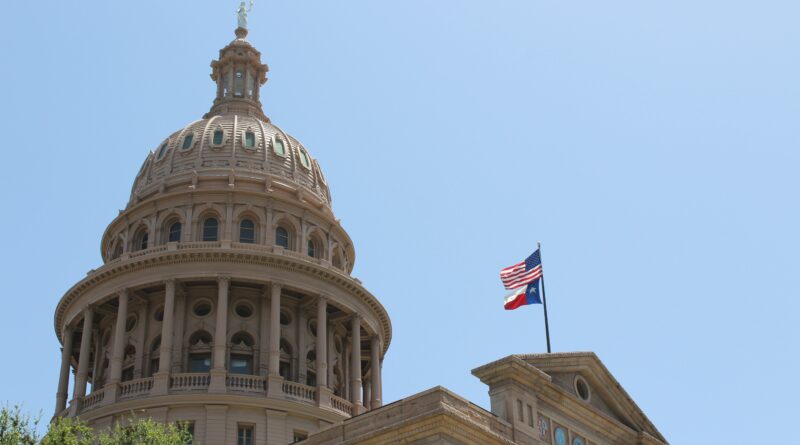New Year, New Laws
New state laws address everything from ordering food to police funding
When you toasted a New Year, you may not have realized that along with 2022, almost two dozen new laws went into effect at the stroke of midnight.
And while some of the laws are not things that generally impact Dallas residents, at least a handful of the laws do, including laws regarding dog care, police funding, and the use of third-party food delivery apps.
Here’s a brief rundown of some of those bills:

Senate Bill 5 addresses how pet owners care for their dogs, eliminating the 24-hour waiting period for officers to address violations of the law, prohibiting the use of chains as a tether, and requiring drinking water be available for the dog. It also outlines what is considered adequate shelter for a dog, what is considered extreme temperatures, and other things that could be a danger for the animal. Any tether must be at least 10 feet or five times the length of the dog. The new law makes violations a Class C misdemeanor that can increase to a Class B if the offense is repeated.

SB 911 prohibits third-party delivery apps from charging restaurants fees if the restaurant hasn’t agreed to do so, and also restricts delivery services from using restaurants logos or names in a way that would lead a consumer to believe they sponsor or endorse the service. It also requires the service to quickly remove a restaurant if it requests that — within 10 days of receiving the request.
SB 23 requires counties with more than 1 million residents (like Dallas County) to put any reduction to law enforcement funding on the ballot for voters to decide.
SB 794 extends homestead tax exemptions to all veterans who receive 100% disability from the U.S. Department of Veterans Affairs.
House Bill 115 will exempt property taxes for some nonprofits that work with the homeless population — specifically those that provide permanent housing and have been in existence for at least 20 years if the property is a county, and two years if the nonprofit is located in a municipality.
Under HB 1197, churches and religious organizations can get an exemption for 10 years from ad valorem taxes on land slated for construction, as long as the land is attached to the place of worship.
HB 2237 revises and updates provisions regarding mechanic’s, contractor’s, and materialman’s liens, including deadlines to file affidavits.

HB 2730 revises provisions relating to eminent domain, requiring an initial bona fide offer to include specific measures.
HB 3788 allows appraisal review board members to complete their training and continuing education requirements remotely.
HB 3971 requires a chief appraiser determining the market value of a residential property located in a historic district under municipal, state, or federal law to consider how any restriction placed by the district regarding the owner’s ability to alter, improve, or repair it impacts the property’s value.








